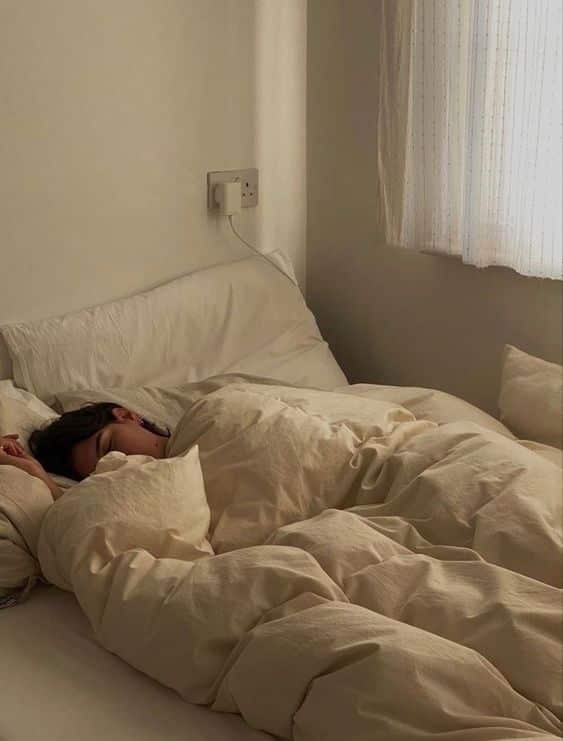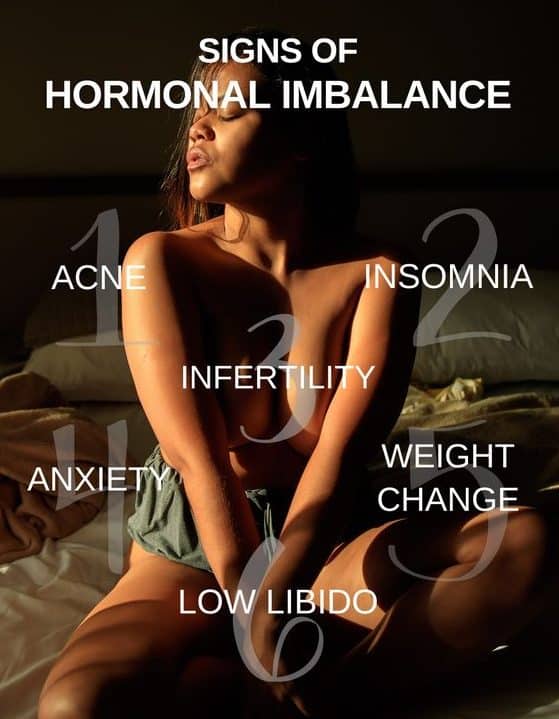In the hustle and bustle of modern life, one often overlooked aspect of our well-being is the simple act of going to bed at the right time.

Imagine a lifestyle change that can significantly impact your health, energy levels, and overall productivity. Today, we delve into the science and benefits behind a seemingly small. But powerful change – the decision to go to bed at 9 pm.
1. Circadian Rhythms and Sleep Quality:
The human body operates on a 24-hour internal clock known as the circadian rhythm. This intricate system regulates various physiological processes, including sleep-wake cycles, hormone production, and body temperature. Understanding and respecting these natural rhythms is crucial for maintaining overall health and well-being.

Circadian Rhythms:
- Circadian rhythms are innate biological cycles that follow a roughly 24-hour pattern, responding to external cues like light and darkness.
- The master clock, located in the brain’s hypothalamus (specifically the suprachiasmatic nucleus), orchestrates these rhythms, influencing sleep, energy levels, and alertness.
2. Sleep-Wake Cycle Optimization:
The circadian rhythm closely governs the sleep-wake cycle, influencing the release of sleep-promoting hormones like melatonin.

- Going to bed at 9 pm aligns with the body’s natural dip in alertness and the onset of melatonin production, contributing to a smoother transition into sleep.
- Syncing with circadian rhythms enhances sleep quality and duration, leading to a more restorative sleep experience.
- Proper alignment with these natural cycles has been linked to improved mood, cognitive function, and overall mental well-being.
Understanding the intricate dance of circadian rhythms provides valuable insights into why going to bed at 9 pm is more than just a time preference. It’s a strategic choice that supports the body’s natural biological processes, contributing to overall health and improved sleep quality.
3. Stress Reduction and Hormonal Balance:
In the modern world, where stress has become a prevalent concern, understanding the connection between sleep and stress management is crucial. Going to bed at 9 pm plays a pivotal role in alleviating stress and maintaining a balanced hormonal system.

Cortisol and the Stress Response:
- Cortisol, often referred to as the stress hormone, is a key player in the body’s stress response.
- Elevated cortisol levels can result from chronic stress, leading to various health issues, including disrupted sleep patterns and compromised overall well-being.
The Importance of Sleep for Stress Reduction:
- Adequate and quality sleep is essential for stress reduction. During deep sleep stages, the body undergoes repair and restoration, contributing to a lowered stress response.
- Going to bed at 9 pm ensures a longer duration of sleep before midnight, when the body is more likely to enter deeper, more rejuvenating sleep phases. That also supports the natural rise in melatonin levels, helping counteract the effects of cortisol and promoting a calm and restful state.

Impact on Hormonal Balance:
- Consistent early bedtimes contribute to maintaining hormonal balance. Hormones play a vital role in various bodily functions, including metabolism, mood regulation, and immune response.
- Adequate sleep, particularly during the early part of the night, helps keep hormones in equilibrium, fostering a more resilient and balanced physiological state.
- The circadian rhythm, influenced by bedtime and exposure to light, is closely linked to hormonal regulation. Going to bed at 9 pm aligns with the body’s natural circadian rhythm, promoting optimal hormonal secretion and balance.
In essence, going to bed at 9 pm emerges not only as a practical sleep strategy but also as a deliberate choice for managing stress and promoting hormonal equilibrium. By acknowledging the intricate interplay between sleep, stress, and hormones. Individuals can harness the therapeutic potential of an early bedtime for a more relaxed, balanced, and healthful life.
4. Improved Mental Clarity and Focus:
In a world where mental acuity is essential for daily tasks and productivity, the relationship between early bedtime and cognitive function becomes paramount. Going to bed at 9 pm consistently contributes significantly to waking up with a sharper mind. Fostering improved mental clarity, focus, and decision-making abilities.

- Cognitive function encompasses various mental processes, including attention, memory, problem-solving, and decision-making.
- Quality sleep is intricately linked to optimal cognitive function, as the brain consolidates memories and processes information during different sleep stages.
The Role of Deep Sleep in Memory Consolidation:
Deep sleep, often achieved in the early part of the night, plays a crucial role in memory consolidation.
Going to bed at 9 pm ensures a longer duration of early, restorative sleep, enhancing the brain’s ability to organize and store information.

- Impact on Attention and Focus: Sleep deprivation can lead to reduced attention span, increased distractibility, and diminished focus.
Establishing an early bedtime routine supports sustained attention and improved focus during waking hours. - Repair and Maintenance during Sleep: While asleep, the brain undergoes repair and maintenance processes, crucial for optimal cognitive performance.
Consistent early bedtimes provide extended periods for these essential brain functions, contributing to improved mental clarity upon waking. - Decision-Making Abilities and Sleep Quality: Quality sleep positively influences executive functions, such as decision-making and problem-solving.
Individuals who prioritize an early bedtime often report enhanced decision-making abilities. And a heightened capacity for solving complex problems.
By recognizing the symbiotic relationship between early bedtime and cognitive function. Individuals can proactively enhance mental clarity, focus, and decision-making abilities. Waking up to a sharper mind becomes not just a byproduct of sleep. But a deliberate outcome of a well-established and early bedtime routine.
5. Enhanced Physical Health:
Thus, In the pursuit of optimal health, the impact of bedtime goes beyond mere rest. Going to bed at 9 pm has a profound ripple effect on physical well-being, influencing various aspects of health. And contributing to a stronger immune system, better cardiovascular health, and overall resilience.

- Strengthened Immune Function: Adequate and quality sleep is a cornerstone of a robust immune system.
Going to bed at 9 pm supports the production of immune cells during sleep, enhancing the body’s ability to defend against infections and illnesses. - Sleep and Cardiovascular Health: The cardiovascular system benefits from consistent and sufficient sleep. Early bedtime contributes to lower stress levels, reduced blood pressure, and improved heart health, reducing the risk of cardiovascular diseases.
- Impact on Metabolic Health: Sleep plays a crucial role in maintaining metabolic health. Going to bed at 9 pm helps regulate hormones involved in metabolism. Contributing to weight management and a decreased risk of metabolic disorders.
- Hormonal Balance and Physical Resilience: Hormonal balance, influenced by early bedtime, supports overall physical resilience. Prioritizing sleep contributes to a harmonious release of hormones, fostering a balanced and resilient body.
- Repair and Recovery during Sleep: Physical repair and recovery processes occur during sleep. The early part of the night is especially conducive to deep, restorative sleep. Allowing the body to repair tissues, muscles, and other vital functions.

By recognizing the comprehensive impact of an early bedtime on physical health. Individuals can make informed choices that prioritize sleep as a fundamental component of a healthy lifestyle.
Going to bed at 9 pm becomes a proactive step toward cultivating enduring physical well-being. And embracing a life characterized by vitality and resilience.
Thus, As we conclude this exploration into the importance of going to bed at 9 pm, it’s clear that this seemingly small adjustment can yield remarkable benefits for your health and well-being. From improved sleep quality to enhanced mental and physical health, the advantages are undeniable.

